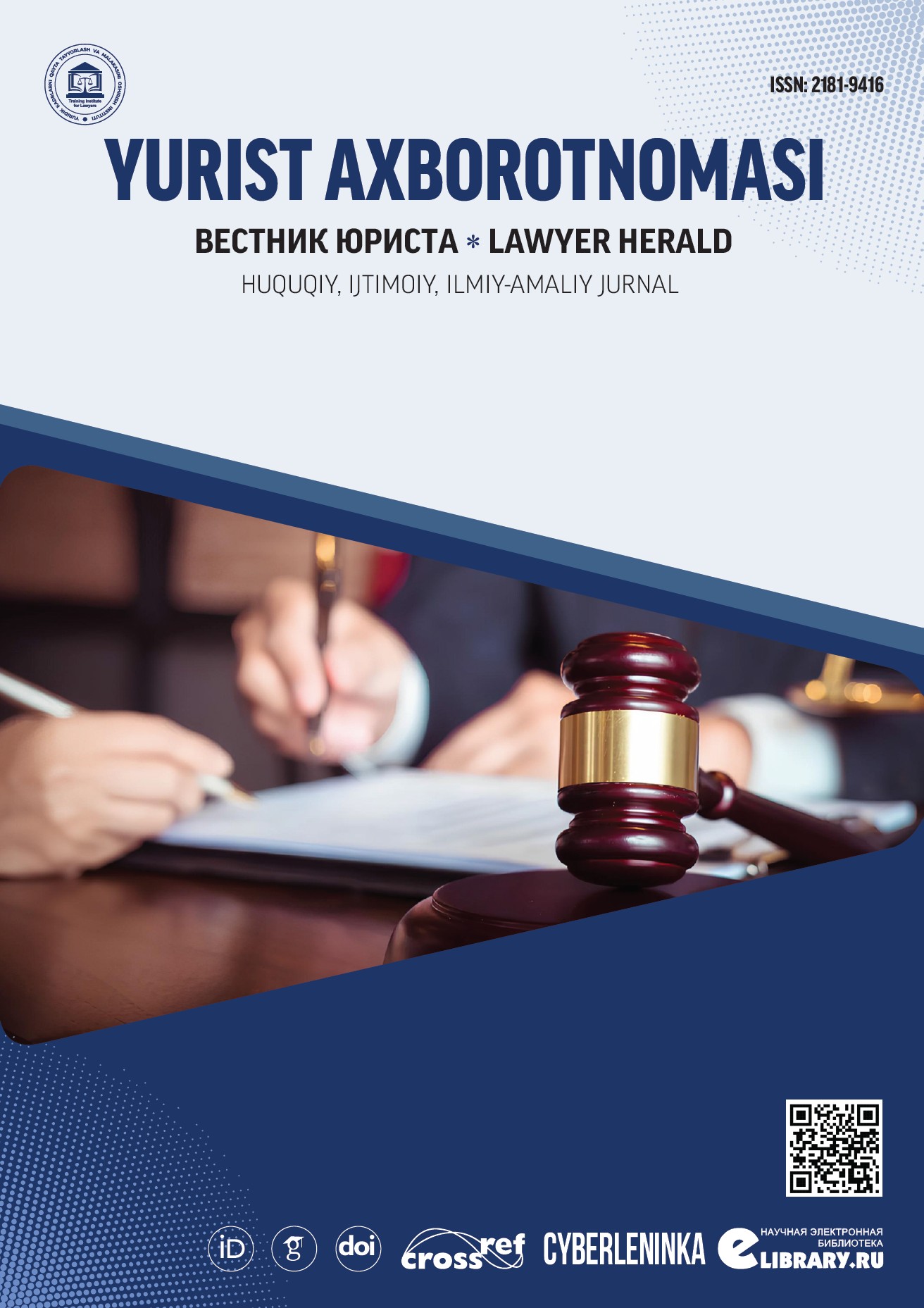Abstract
This article provides a historical, legal, and sociological analysis of the formation of the legal and social status of persons with disabilities during the twentieth century. The main objective of the study is to trace the evolution of the concept of disability from the Industrial Revolution to the adoption of the 2006 UN Convention on the Rights of Persons with Disabilities, identifying the principal trends, contradictions, and reforms that have shaped this transformation. The article examines the harmful influence of eugenic policies on the perception of disability, the impact of the World Wars in framing disability as a matter of “national responsibility,” the role of the civil rights movement in promoting equality, and the rise of the concept of inclusive education. The author argues that the institutionalization of disability rights required not only legal reforms but also profound social and cultural transformations aimed at changing public attitudes and eliminating discriminatory stereotypes. The scientific novelty of this study lies in its comprehensive and systematic exploration of the historical development of disability rights and their interconnection with the modern human rights framework – an approach not previously undertaken in regional scholarship. The findings provide a theoretical and practical foundation for improving the protection of the rights of persons with disabilities in Uzbekistan in accordance with international standards and for advancing inclusive policies that ensure equal participation in all spheres of society.
References
Jabłoński, K., 2024. Forced sterilization in the state of California from 1909 to 1979: A historical and legal analysis.Czasopismo Prawno-Historyczne, 76(1).
Rieger, B., 2004. The war come home: disabled veterans in Britain and Germany, 1914–1939. By Deborah Cohen. Berkeley, Los Angeles, and London: University of California Press, 2001. Pp. xii+ 286. ISBN 0-520-22008-0.£ 35.00. The Historical Journal, 47(1).
Toombs SK. Enforcing Normalcy: Disability, Deafness and the Body. The Hastings Center Report. 1997.
Metzler I. Disability in the Middle Ages: Impairment at the intersection of historical inquiry and disability studies. History compass. 2011.
Kamilov F.O. O‘zbekistonda nogironligi bo‘lgan bolalarni ijtimoiy himoya qilishni institutsional takomillashtirish // Sotsiologiya fanlari bo‘yicha falsafa doktori (PhD) ilmiy darajasini olish uchun yozilgan dissertatsiya. – Toshkent: O‘zMU,
Elliott, T.R. and Leung, P., 2005. Vocational rehabilitation: History and practice. In Handbook of vocational psychology.
Baynton, D.C., 2013. Disability and the justification of inequality in American history. The disability studies reader, 17(33).
Danforth, S., 2021. Independence, dependence, and intellectual disability: From cultural origins to useful application. Philosophical Inquiry in Education, 28(2).
Scotch, R., 2002. From good will to civil rights: transforming federal disability policy. Palaestra, 18(4).
Pruitt, Lisa J. "A Disability History of the United States." (2014).
Lucas, E., 1981. 1981 International Year of Disabled Persons. Australian Occupational Therapy Journal, 28(3).
Можаева, Л.Е., 2018. Формирование международных стандартов в области защиты прав инвалидов. Основные тенденции и перспективы развития современного права.
Degener, T., 2016. Disability in a human rights context. Laws, 5(3).
Silvers, A. and Stein, M.A., 2007. Disability and the social contract.
Ainscow, M., Slee, R. and Best, M., 2019. The Salamanca statement: 25 years on. International Journal of inclusive education, 23(7-8).
Johnson, D. and Longmore, S., 2023. How Healthy Is Democracy: The Role of Healthcare and Social Equity Considerations in the Governance of People. In Rethinking Democracy and Governance.
